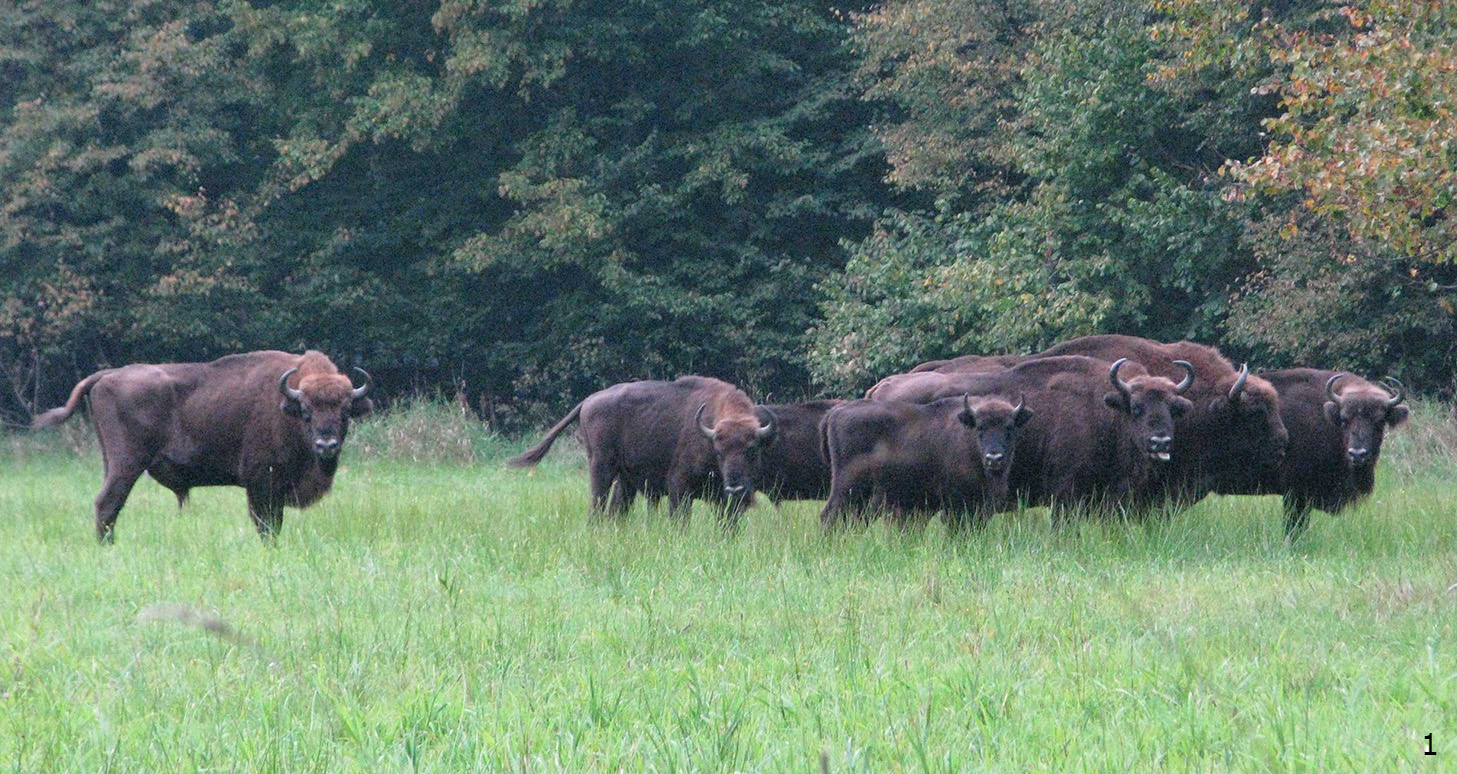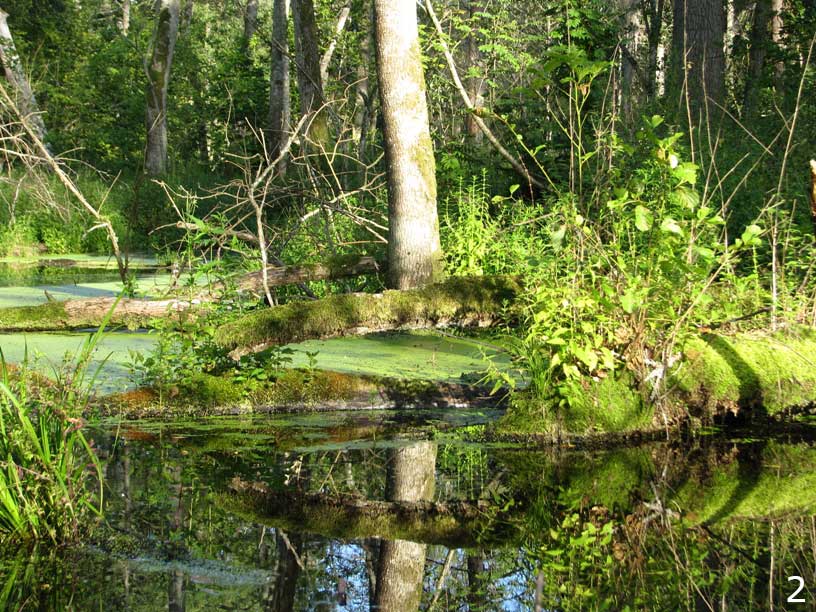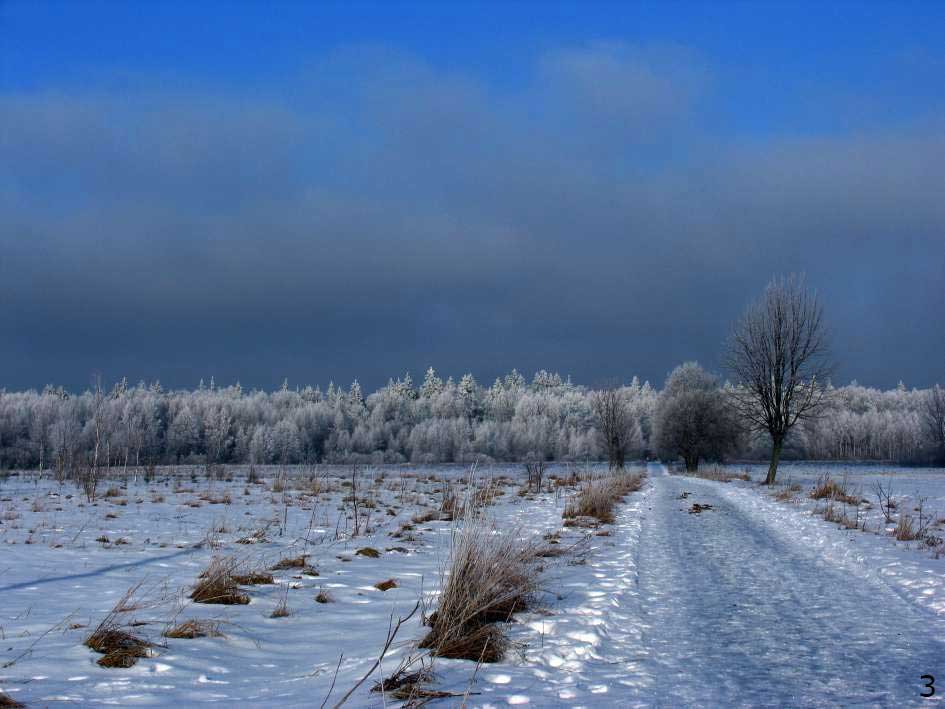Deep case studies
BESAFE carries out 12 single case studies addressing different issues areas related to biodiversity protection. This set of deep case studies covers different member states and geographical regions as well as various governance scales, stakeholder groups and their interaction. Overall, the case studies comprehensively explore the argumentation processes in the biodiversity-related policy making and provide knowledge on the transferability of arguments between the major governance levels.
Comparative case studies
Apart from the twelve deep case studies, BESAFE partners will conduct two comparative studies. The main idea behind these studies is to be able to compare different EU Member States with respect to particular WP 3 and WP 4 research questions. Comparative study “EU Biodiversity Strategy 2020 – national implementation” thus addresses the main questions of WP 3, while the study “Perceptions of biodiversity, ecosystem services and values at the national level” is concerned with WP 4 inquiry.
Bialowieza Forest conflict, Poland

Introduction
The Bialowieza forest is the last large remnant of near-natural lowland temperate forest in Europe. It is an important forest biodiversity hotspot representing the Middle European broad-leaved forest type, an ecosystem that currently comprises only about 0.2% of its original area in relatively undisturbed condition. For centuries, it has enjoyed favourable conservation status as a royal game reserve. However, changes introduced during the 20th century, particularly unsustainable forest management practices, threatened the biodiversity of this area. The Bialowieza Forest is located on the border between Poland and Belarus; however, the case concerns only the Polish side. Here, for the last two decades, scientists and environmentalists have battled with foresters and local residents for a more effective environmental protection of the forest.
Brief description of the policy problem
The long-term conflict between two main groups of stakeholders – locals on one hand (foresters, municipality representatives and local people) and NGOs and scientists on the other about the future status and management of the Bialowieza Forest. A particular area of concern involves proposed expansion of the Bialowieza National Park that so far covers only about 16 % of the Bialowieza Forest. Both sides of the conflict provide different arguments; there is absolute lack of trust between them and challenges with basic communication among the parties.
Location
Bialowieza Forest, north-eastern Poland
 Governance level(s) involved
Governance level(s) involved
All levels, from local to national, are involved in the conflict. There have been local protests and negotiations, as well as national level discussions, negotiations and protest actions (e.g. by NGOs). The proposed solutions to this local conflict are sought mostly at the national level. There were also attempts to engage the European Community in this issue, particularly as it relates to Natura 2000 site designation of the Bialowieza Forest.
Stages in the policy cycle
Debate related to the proposed expansion of Bialowieza National Park has been a central part of the conflict over the last 20 years. Decision to partially enlarge the park (ca. 8 % of the whole area) was taken in 1996. In 2001, Polish legislation related to park designation changed and, now, the local community must agree if a national park is to be enlarged. Several attempts to resolve the conflict have yielded no result.
 Main stakeholders involved
Main stakeholders involved
Foresters (State Forest National Forest Holding, at local, regional and national level), local people, Bialowieza National Park representatives, Scientists, environmental NGOs representatives and individual environmentalists, the general Polish society, national government representatives
Partner responsible
Swedish University of Agricultural Sciences (SLU)
Contact person
Malgorzata Blicharska (malgorzata.blicharska [at] slu.se)
Images copyright: 1, 2 - Grzegorz Mikusinski©; 3 - Janusz Korbel©